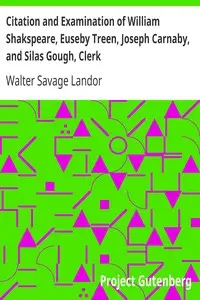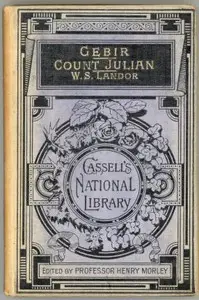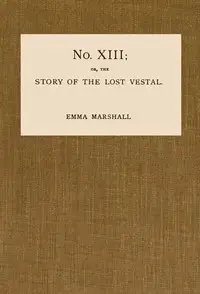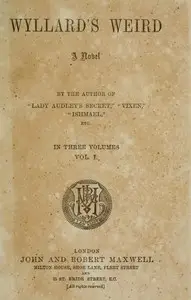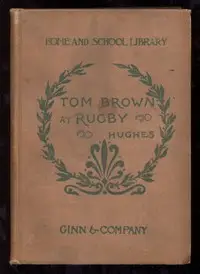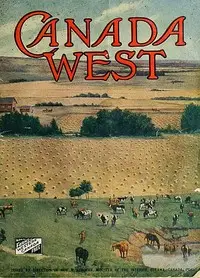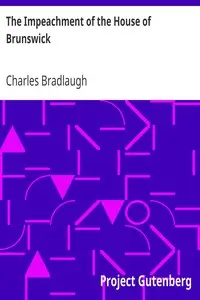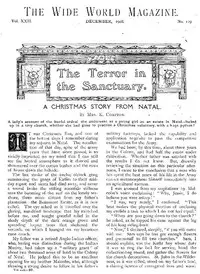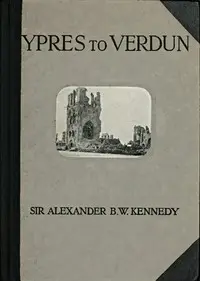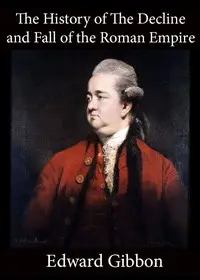"Count Julian" by Walter Savage Landor is a tragedy written during the early 19th century. The play revolves around Count Julian, who is depicted as a tragic character grappling with deep personal and national grievances. The narrative unfolds in a tumultuous time for Spain, exploring themes of honor, betrayal, and familial love against the backdrop of historical conflict with the Moors. At the start of the play, Count Julian is introduced to us in a state of emotional turmoil as he confronts his past actions and the plight of his daughter, Covilla. The dialogue between Julian and Opas, the Metropolitan of Seville, reveals Julian's agony over his daughter's suffering and his quest for vengeance against King Roderigo, whom he holds responsible for their misfortunes. The tension is palpable as Julian wrestles with feelings of betrayal, guilt, and the desire for justice, leading to a heated and passionate discourse on honor and duty. This opening effectively sets the stage for the ensuing drama, character conflicts, and the exploration of Julian's profound internal struggle as he navigates the treacherous waters of his personal and national loyalty. (This is an automatically generated summary.)

Count Julian
By Walter Savage Landor
"Count Julian" by Walter Savage Landor is a tragedy written during the early 19th century. The play revolves around Count Julian, who is depicted as a...
Walter Savage Landor was an English writer, poet, and activist. His best known works were the prose Imaginary Conversations, and the poem "Rose Aylmer," but the critical acclaim he received from contemporary poets and reviewers was not matched by public popularity. As remarkable as his work was, it was equalled by his rumbustious character and lively temperament. Both his writing and political activism, such as his support for Lajos Kossuth and Giuseppe Garibaldi, were imbued with his passion for liberal and republican causes. He befriended and influenced the next generation of literary reformers such as Charles Dickens and Robert Browning.



